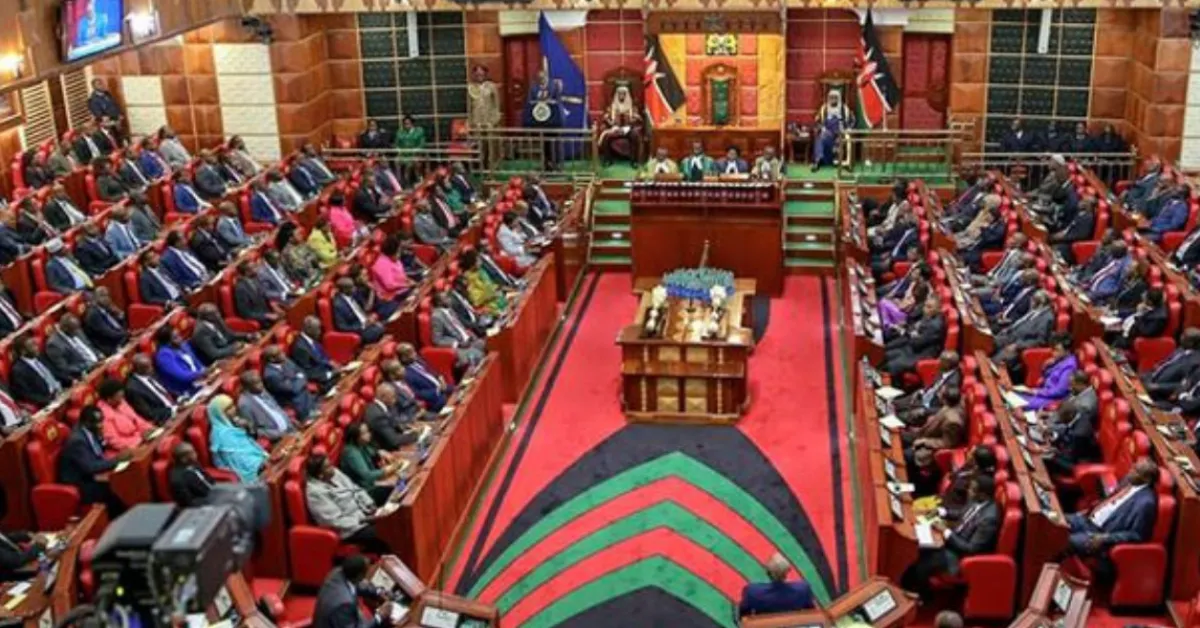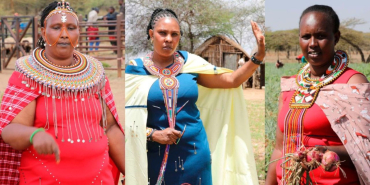Kenyan Senators Urge Government to Address Homelessness Before Closing Children's Homes

As Kenya moves forward with its plan to close privately-owned children’s homes and orphanages in favour of family and community-based care models, senators are urging the national government to first address the escalating issue of homelessness.
This initiative, driven by the National Council for Children Services, seeks to align Kenya’s child welfare practices with global standards. The senators’ call to action reflects a growing concern that the success of child care reforms hinges on resolving the root causes of homelessness among children and other vulnerable populations. Nominated Senator Esther Okenyuri has specifically challenged President William Ruto’s administration to establish more shelters and safe spaces.
These facilities would provide both immediate support and long-term reintegration into society for those in need. Okenyuri questions whether the Ministry of Labour and Social Protection, in collaboration with relevant stakeholders, has developed a national policy framework to rehabilitate, reintegrate, and empower homeless children and vulnerable mothers. She emphasises the necessity of a multi-agency approach that involves governmental bodies, civil society, and development partners.
Additionally, she urges county governments to outline the rescue and support services available through their social welfare and child protection departments. Such services would include counselling, education, vocational training, and healthcare for street children and other at-risk groups. The discussion around budgetary allocations for shelters has also intensified. Okenyuri highlights the importance of adequate funding for the establishment, staffing, and maintenance of these shelters to ensure their efficiency and sustainability.
Her remarks mirror broader concerns among legislators regarding the government's shift from institutional care towards community-based models, similar to foster care systems in Western countries. Adanoor Mohammed, the Chief Executive Officer of the National Council for Children Services, has provided additional context on the strategy behind this transition. Key pillars of the reform include preventing family separations through family strengthening initiatives, promoting alternative care solutions such as foster care, guardianship, and adoption, and reallocating resources to support the care of children within family and community settings.
Mohammed expresses optimism that these measures would align operations with global best practices in child welfare. Murang’a Senator Joe Nyutu underscores the importance of addressing homelessness comprehensively to ensure the success of these reforms. He recommends that the government allocate units from its affordable housing program to house homeless individuals. However, Nyutu also raises concerns about the affordability of these homes, questioning whether the current taxation and pricing policies genuinely reflect the program's stated aim.
Kisii Senator Richard Onyonka supports the proposal to include homeless populations in the affordable housing initiative. His remarks echoes sentiments shared at the Global Ministerial Conference of 2024 on Children, where Kenya pledged to transition 70 percent of children in institutional care to family and community-based care by 2027. This commitment is part of a broader global agenda aimed at strengthening families and eliminating reliance on institutional care.
As the government moves forward with its reform strategy, questions surrounding its implementation remain at the forefront. Lawmakers argue that its success depends on tackling homelessness, bolstering inter-agency collaboration, ensuring adequate funding, and incorporating social safety nets into affordable housing programs.














Add new comment